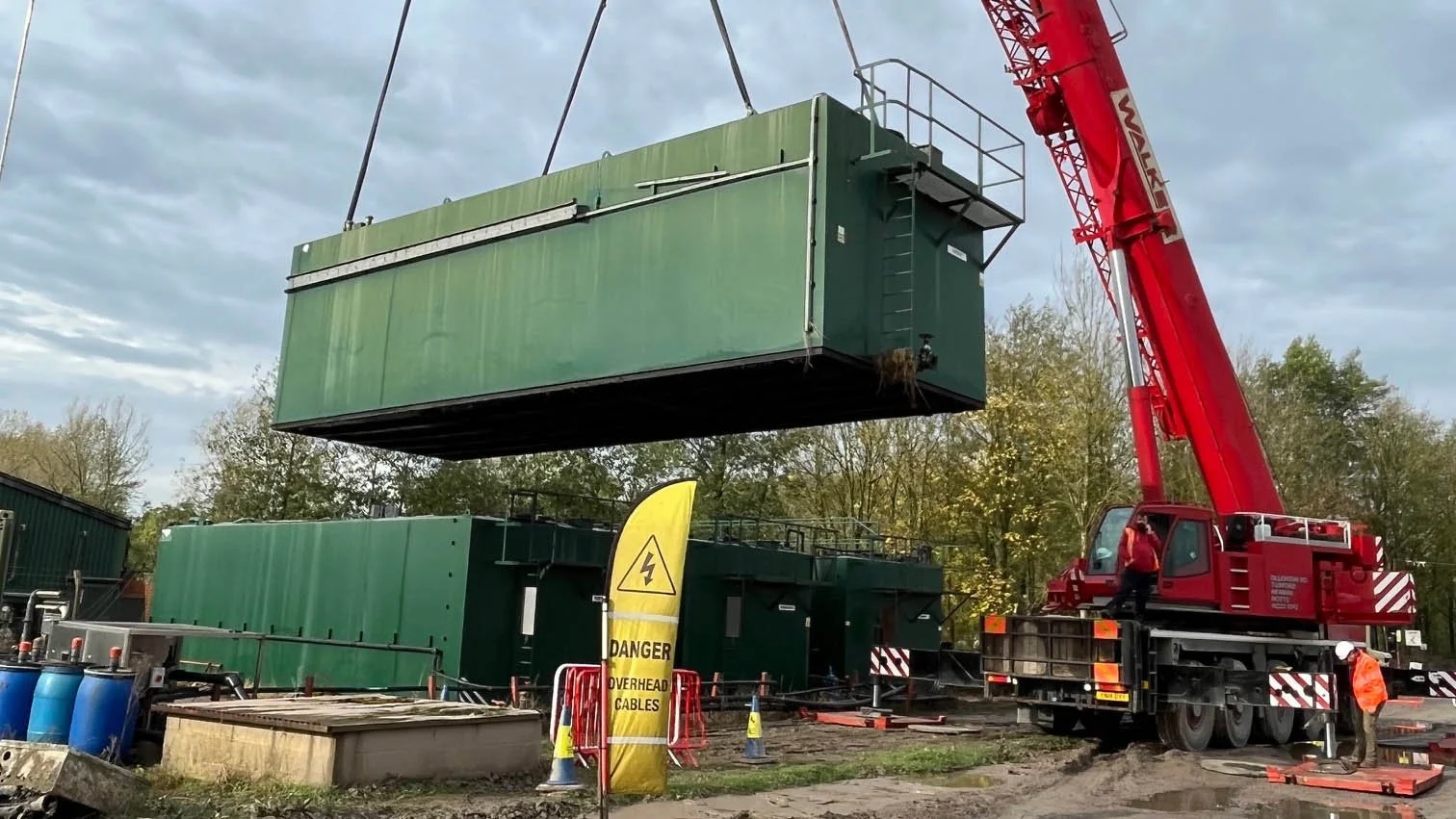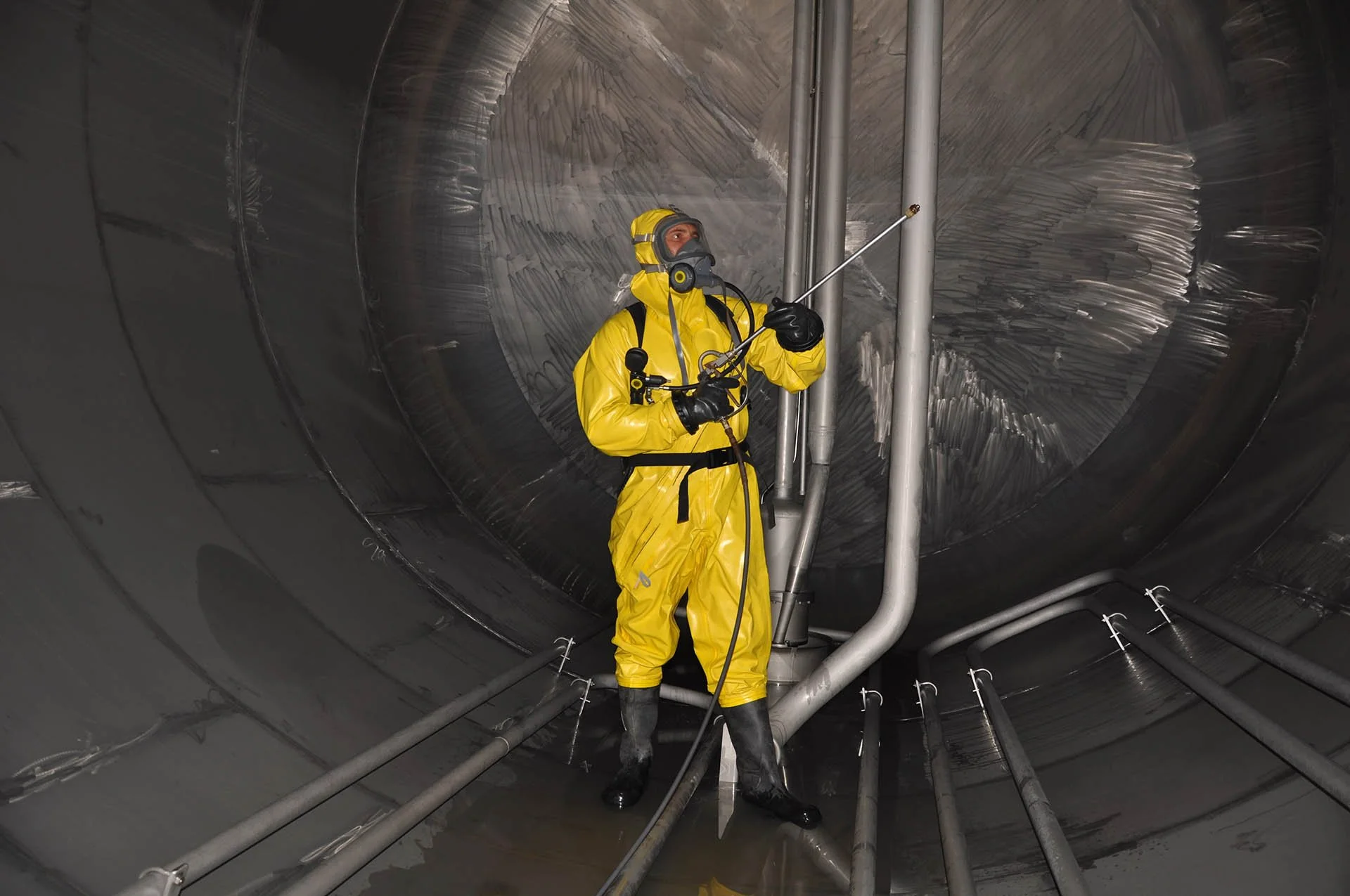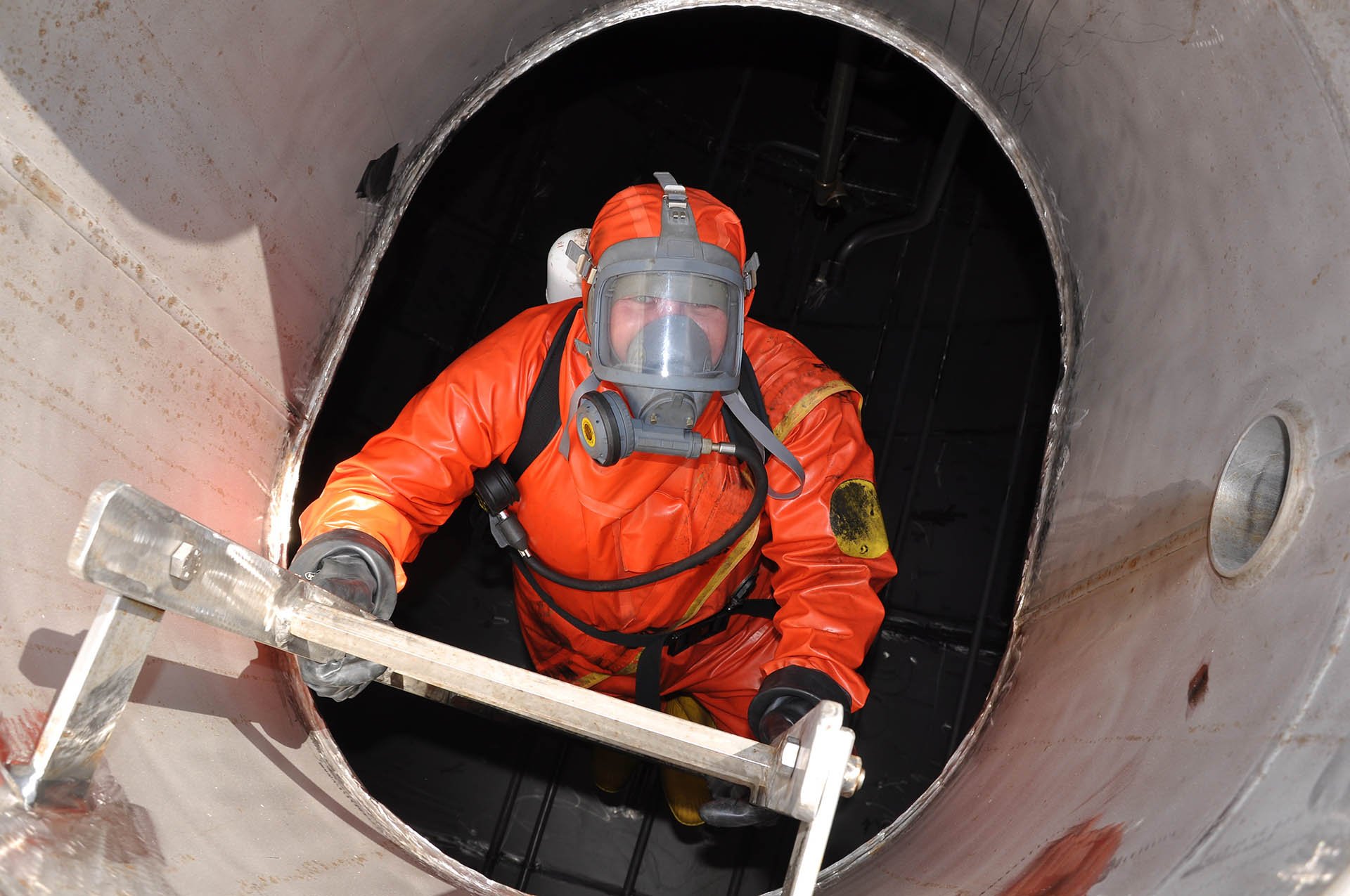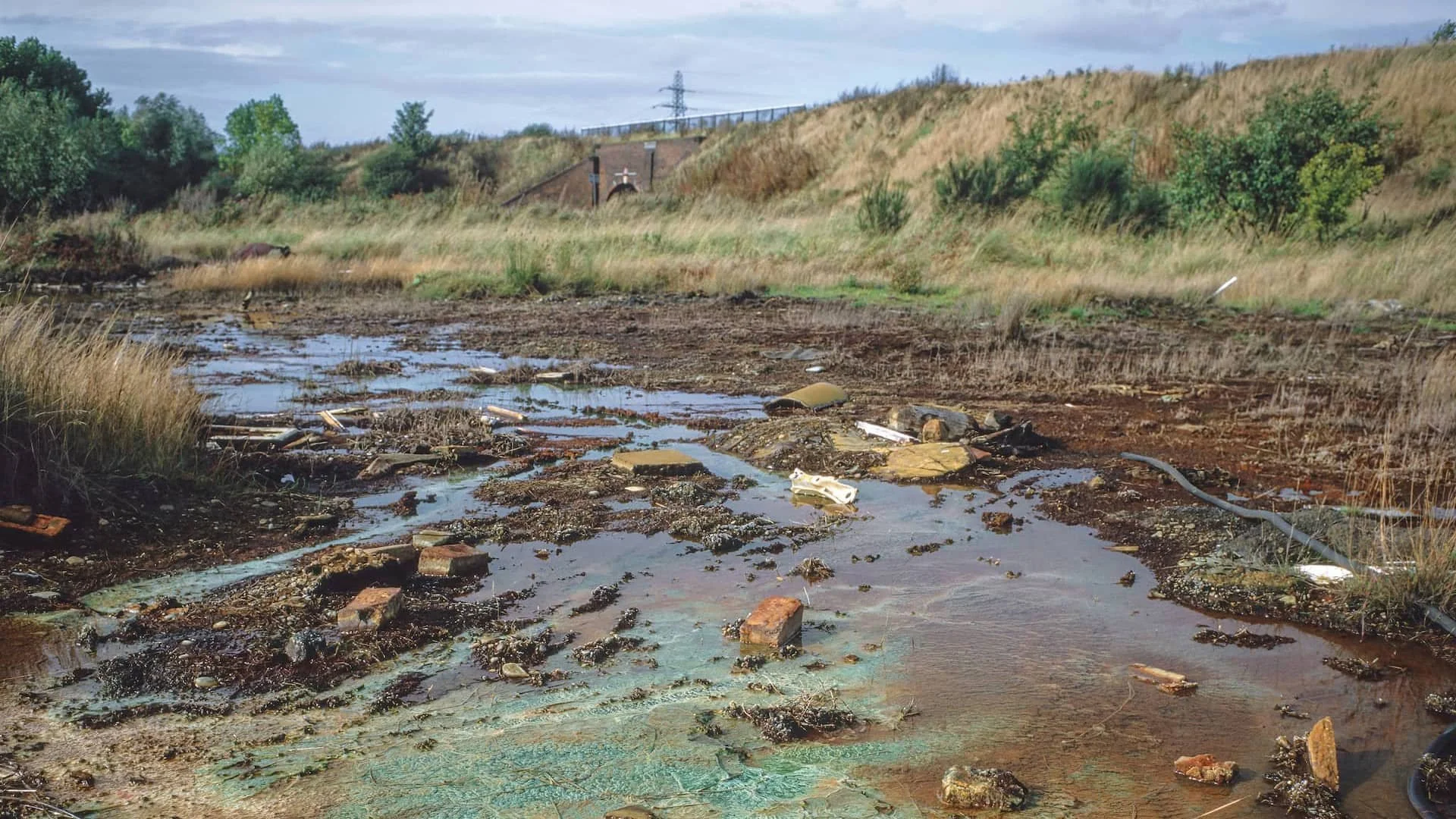The 3 Reasons Businesses Should ALWAYS Prioritise Safety When Decommissioning Fuel and Leachate Tanks
Decommissioning fuel and leachate tanks demands a safety-first approach; it’s not merely about compliance or avoiding accidents, it’s about protecting the core aspects of your business and its most valuable assets.
The potential for accidents, coupled with the legal and ethical implications, underscores why choosing a reputable and experienced decommissioning service like OTS Group is not just preferable but essential. Here, we explore some examples of safety negligence related to tank decommissioning & disposal, and three compelling reasons why businesses must never compromise on safety during the decommissioning process.
Regulatory Compliance
Companies are bound by stringent legal obligations and regulations designed to ensure safety and environmental protection. These regulations mandate comprehensive safety measures, risk assessments, and the implementation of best practices to prevent accidents and mitigate hazards. Failure to comply with these standards can result in hefty fines, legal penalties, and significant reputational damage. Our safety-first approach guaranties adherence to safety protocols, safeguarding workers, the environment, and the organisations that we work with.
Case Studies: The High Cost of Safety Negligence
While it might be tempting to plump for the lowest quote when choosing a firm to decommission your fuel or leachate tanks, it could in fact be a very costly decision. A stark reminder of the dangers inherent in tank decommissioning comes from past incidents where safety protocols were disregarded, leading to tragic outcomes:
One such example is the incident on 16th February 2007, involving a waste company fined over £90,000 due to the deaths of three workers in a slurry tank. The company and its two bosses were found to have a "reckless disregard" for employee safety, highlighting the severe consequences of neglecting safety protocols during hazardous operations.
In 2014, HSE reported a case whereby a company that decommissions fuel tanks committed safety failings leading to an employee being burnt while cutting up a disused fuel tank. The employee was using a disc cutter to help remove fuel tanks from a former filling station. A spark ignited the residual fuel vapour and the worker needed to be in intensive care for two days with burns to his face and wrist. HSE suggest cold cutting techniques should have been used instead of a disc cutter. The owner of the business was fined £4,000 and ordered to pay £1,000 costs.
In 2016, the two directors of a metal recycling business were jailed for 9 months for failing to discharge the duty to which they were subject by virtue of section 2(1) and 3(1) of the Health and Safety at Work Act 1974 after a wall collapsed killing five agency workers. In addition, both firms operating from the yard had to pay combined fines of £1.6million plus prosecution fees.
In December 2023, Tasca Tankers of West Yorkshire pleaded guilty to breaching Section 2 (1) of the Health & Safety at Work etc Act 1974 after a worker collapsed from gas exposure in a metal tank before the same fate befell a colleague who went to check on him. The company was fined £200,000 and ordered to pay £7,060 in costs.
It follows that prioritising a safety-first approach to decommissioning is necessary to:
Protect Personnel
Protect the Environment
Protect your Business
1. Protecting Personnel
The possibility that traces of methane and other hazardous gases may be present in tanks requiring decommissioning poses significant risks, including the potential for explosions. OTS Group always ensures gas-free certification before decommissioning which can prevent dangerous accidents. In addition, both fuel and leachate tanks can contain a mix of harmful chemicals, and without proper ventilation and precautions, the health risks to crew and the environment are substantial. This is why OTS Group has a policy of deploying a three-person minimum confined space entry team to any decommissioning job.
-
Authorised to enter permit spaces, the entrant must be well-versed in associated hazards and safety procedures.
Responsibilities include recognising exposure risks, utilising equipment, and maintaining communication with the attendant.
Ensures all equipment, recovery and respiratory, is maintained, checked and certified within a timely manner.
Must promptly inform the attendant of any hazardous conditions and be prepared for evacuation if necessary.
-
Stays outside the permit space, actively monitoring and supporting the entrant's safety.
Knowledgeable about entry hazards, the attendant communicates with entrants, removes unauthorised personnel, and coordinates evacuation and rescue procedures.
Primary responsibility is to safeguard the entrant's well-being, prioritising safety over other duties.
-
Holds ultimate accountability for the entire entry operation, authorising entry and overseeing safety protocols.
Ensures safe entry conditions, verifies rescue services availability, and terminates entry in case of safety threats.
Like the attendant, may also serve as an entrant or attendant if adequately trained and equipped.
A well-coordinated confined space entry team, comprising the entrant, attendant, and supervisor, plays a pivotal role in mitigating risks and ensuring safety during hazardous work environments. Each member's adherence to training and procedures is paramount to the success of the operation and the protection of lives.
Upholding Ethical Standards and Employee Welfare
Beyond legal obligations, companies have a Duty of Care, ensuring that employee safety and health are paramount in all operations. This advocacy for employee welfare reflects a commitment to the fundamental rights of workers and a culture of care and respect for the individuals who face these risks daily.
2. Protecting the Environment
Improper decommissioning of fuel and leachate tanks can lead to environmental contamination with lasting impacts on ecosystems and public health. A safety-first approach ensures that hazardous materials are handled and disposed of correctly, safeguarding the environment for future generations.
3. Protecting your Business
The damage to others and to the environment that stems from safety negligence can also have an impact on your business. Adopting a safety-first approach to decommissioning means protecting your business from:
Significant financial repercussions, including cleanup costs, fines, and compensation for damages.
Legal repercussions including potential civil and criminal charges.
Reputational damage. Safety negligence can tarnish a company's image, leading to public scrutiny and loss of trust that can be difficult to recover from.
Call us on 01386 853409 and talk to Mike Colohan about safety first decommissioning.
Best Practices and Solutions: Setting the Safety Standard
To ensure the safe decommissioning of fuel and leachate tanks, companies must adopt rigorous safety protocols, including comprehensive risk assessments, using 3-person minimum confined-space entry teams, and advanced safety equipment. Key recommendations include:
Investing in proper training for all personnel involved in decommissioning processes to ensure they are well-versed in identifying and mitigating risks.
Equipping workers with the latest safety gear and technology.
The use of effective monitoring systems which can play a pivotal role in early detection of potential hazards.
We are proud to promote a culture of safety that undoubtably contributes to our reputation in the management of hazardous waste.
Companies must uphold stringent safety standards, not just to comply with regulations but to protect lives and preserve their reputation. Failure to do so not only risks severe legal and financial repercussions but also endangers lives and can irreparably damage a company’s standing in the industry and its relationship with the community. This is why we recognise the value of safety, not as a regulatory burden, but as a cornerstone of sustainable and ethical operations.
OTS offer turnkey solutions in the disposal of any redundant fuel or leachate storage tanks that are transitioned at our Environmental Facility to ensure waste is handled and disposed of in the correct manner, whilst recycling at any opportunity to reduce the impact on the environment.





